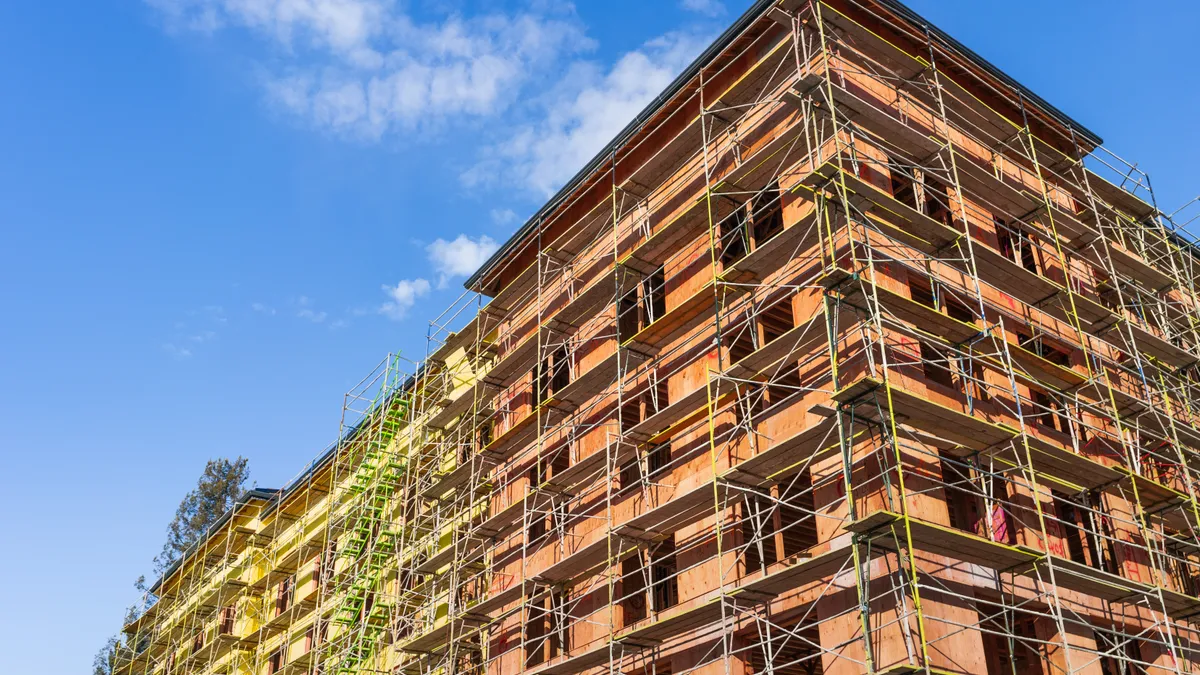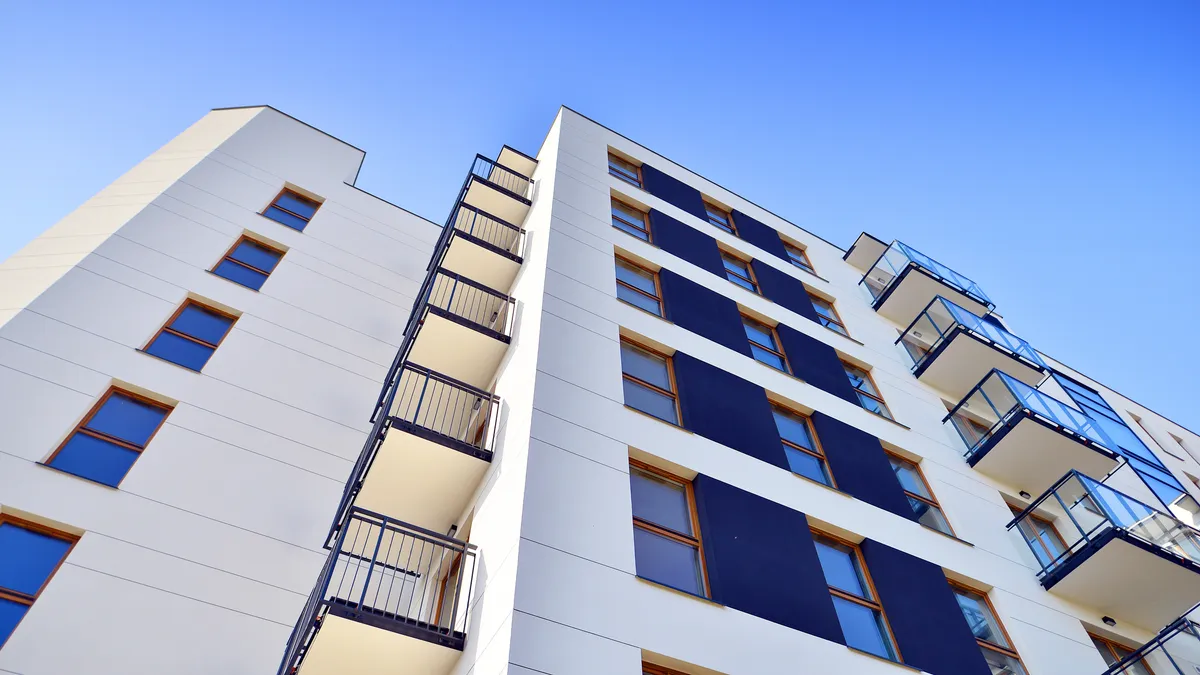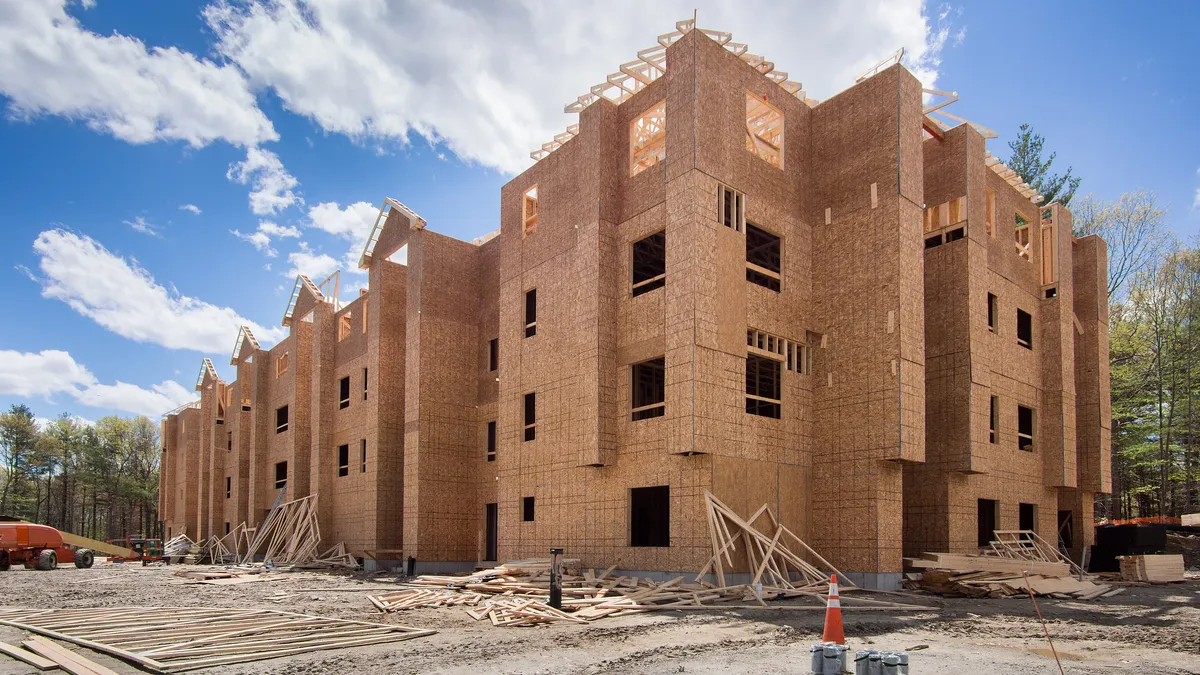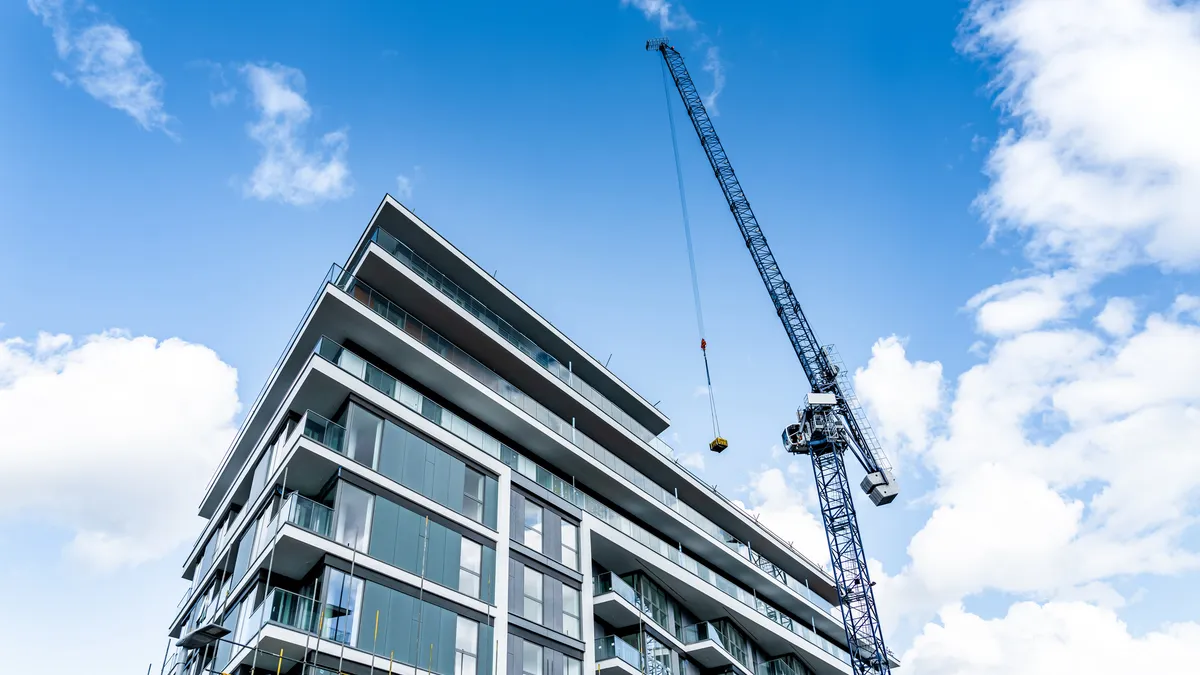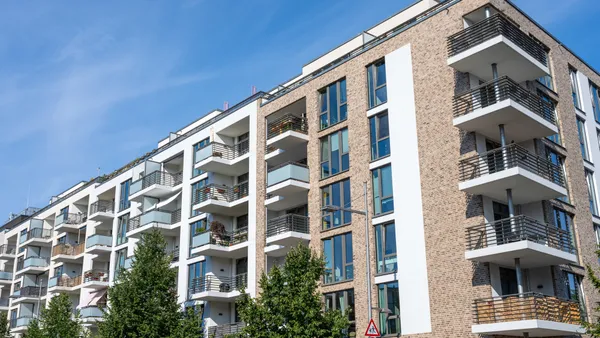In March, it will be two years since the Federal Reserve began raising interest rates. As the calendar turns to 2024, multifamily executives harbor some hope that the central bank will finally halt the hikes and the nearly frozen transaction market will begin to thaw.
But even if that happens, the industry is looking at its most challenging year since 2020, when COVID-19 hit.
While the Fed may be halting the hikes, elevated interest rates are here to stay, making it difficult for owners who need to refinance their debt. The challenges continue at the site level. Apartment developers are delivering new properties at rates not seen in 40 years, forcing concessions to increase and limit, if not reverse, effective rent growth.
And that isn’t the only challenge facing operators. Insurance and other expenses have grown astronomically in the years after COVID-19 hit. While these increases could moderate in 2024, managers will still be forced to manage costs as income plateaus.
Nevertheless, there is a reason for optimism among these negative signals. At its core, apartment demand remains relatively healthy. Once supply begins to burn off in 2025 and 2026, apartment operators could be looking at healthy rental increases again.
Here are four of the top trends that will affect apartment operators this year:
Deliveries will peak
In 2023, apartment deliveries hit numbers not seen since the 1980s, with 487,512 units coming to market, according to Yardi. In 2024, even more supply will hit, with 536,145 apartments expected to arrive.
As those new properties come online, developers are trying to stabilize them as quickly as possible. “There are costs to carry, just from the interest payment alone, not to mention the building materials and labor,” said

Spencer Gray, CEO of Indianapolis-based apartment owner and operator Gray Capital. “They're missing their pro forma, and they need to get stabilized and be taken out to permanent financing or to sell because the longer time goes on, those returns go down and the costs go up.”
To achieve stabilization, developers are turning to concessions. Rental giveaways are rising around the country, with landlords in 43 of the top 50 markets offering more enticements than last year, according to Zillow.
As deliveries pick up in 2024, concessions should only increase. In a recent article, RealPage said that “market conditions won’t meaningfully change next year. It’ll likely just get tougher for property managers and more favorable for renters.”
But there could be some relief by the end of the year. “I think you'll start to see concessions get a little bit higher, and then toward the end of the year, as maybe some of the supply abates, they’ll probably trail down,” said Jay Hiemenz, president and COO of Alliance Residential.
Rents will flatten
Traditionally, class A rentals faced the most competition from free rent promotions. But in the second half of 2023, a different scenario emerged, according to some observers. Concessions have crept up so far on new developments that they have pulled residents out of class B properties.
In submarkets where apartment unit counts have expanded by 10% or more in the 12 months ending September 2023, effective class B rents fell 3.7%, according to RealPage. By comparison, class A rents dropped 1.5% and class C rents fell 0.8%.
“When these lease-ups are offering two- and three-month concessions, that’s bringing their rents pretty close in line with the existing market,” Jay Parsons, senior vice president and chief economist at RealPage, told Multifamily Dive.

As more new properties come online in 2024, rent growth should be minimal. After seeing rent growth drop to 0.2% before going negative in late 2023, Apartment List projects that prices will move into positive territory but not surpass the low single digits.
Others also project a slower year, though it is market-dependent. “Rent growth is not as buoyant these days as it was in years past, but in some markets, it's still OK,” Hiemenz said.
Efficiencies will take priority
In the past few years, apartments have grappled with rising expenses. Despite plenty of attention from Capitol Hill and industry associations, insurance costs, in particular, remain a burden.
“Insurance has been the other bane of our existence,” Hiemenz said. “It just keeps going up with adverse risk and catastrophic losses. It is particularly pronounced in high-risk markets like Florida, California and Texas.”

With minimal rent growth and some costs rising, apartment operators will look for efficiencies where they can find them in 2024. “If you look at these budgets, you see a lot of expense bloat,” Gray said. “If you want to get anywhere close to your projections, you have to find a way to operate differently.”
To cut costs, Gray thinks apartment operators will continue to turn to technology. “Higher operating expenses, especially some of the fixed costs — insurance, property taxes and payroll — are all up significantly, which is leading to this push for centralization through property management operators,” he said.
In fact, Gray thinks 2024 will be “the year of centralization” as companies push more into artificial intelligence to save money and possibly upgrade the resident experience. “[Centralization] has gone from a nice to have to a necessity to operate these properties more efficiently while also providing better service to residents,” he said.
Transactions will start to pick up
The steep decline in transaction volume that began after the Federal Reserve began hiking interest rates in 2022 carried into 2023. In October, apartment sales dropped 72% year over year to $6.2 billion, marking the 14th straight month of decline.
Now that the central bank appears to be signaling rate cuts, there is some optimism that sales could increase in 2024. “When the Fed signals the worst is behind us and rates start falling, investor options for refinancing or selling into a stronger market become more compelling,” said Karlin Conklin, co-president and chief operating officer of Los Angeles-based real estate sponsor Investors Management Group.

For the market to pick up, many observers think sellers need to get more realistic with their asking prices. However, Sandy Schmid, director of acquisitions and development for Beverly Hills, California-based StarPoint Properties, expects buyers to also get a little more aggressive on their cap rate requirements in 2024.
“There will be a meeting in the middle between buyers and sellers,” Schmid said. “It's not going to be a story of total capitulation of sellers. And at the same time, the buyers are not going to rush back into pre-interest-rate-hike cap rates.”
In some cases, sellers might not have a choice. In certain areas, like Houston, more property owners will find themselves being forced to sell or give their assets back to the bank. Still, much of this distress is limited to problem assets, rather than the ones institutional buyers will covet.
“The deals that are blowing up today — and there are plenty of deals blowing up today — are really C-minus transactions that were over-leveraged,” said Ric Campo, CEO of Camden Property Trust, on the REIT’s third-quarter earnings call.
Click here to sign up to receive multifamily and apartment news like this article in your inbox every weekday.



